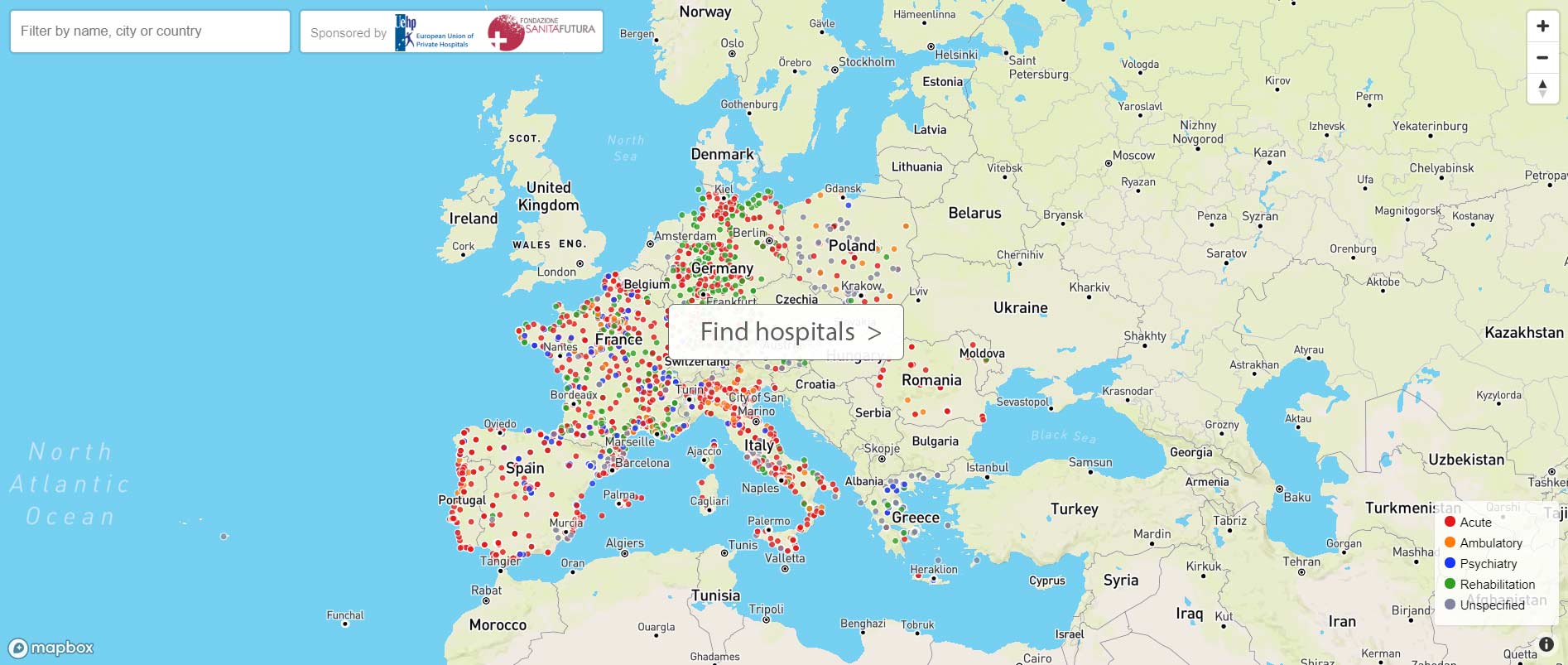SEPTEMBER 2019. The new Institute for Evidence-Based Health (ISBE), presented on September 12 at the Faculty of Medicine of the University of Lisbon, has APHP as founding partner, together with the Faculties of Medicine and Pharmacy of the University of Lisbon, the Portuguese Pharmaceutical Industry Association (APIFARMA), the National Pharmacy Association (ANF) and the “Health in Dialogue” Platform.
“We will work towards making the health system more responsive to citizens ‘needs and to provide objective data for health policy decisions,” explains Oscar Gaspar, president of APHP, about the founders’ purposes.
This new non-profit private association aims to be “a space where Academics, Researchers, and other Partners can meet, integrate and share, with the same strong purpose of generating, disseminating and operationalizing scientific knowledge in the Health sector”.
Evidence-based medicine makes use of the best available scientific information to answer questions of clinical practice. ISBE aims to help policy makers, doctors and patients to base their choices on quality scientific information.
Chaired by Ana Paula Martins, president of the Order of Pharmacists, ISBE also has António Vaz Carneiro, at the head of its Scientific Council.
“We will increasingly need high quality scientific information. […] Everything will need information at four levels: responsible politicians must have more high-quality information to decide on public policies, doctors to decide on therapies, administrators to define strategies to use and the patient’s themselves”, explains António Vaz Carneiro, one of ISBE’s associate researchers.
ISBE aims to be a place of “intellectual independence” because, he argues, “modern systems will require a massive amount of information. In five or 10 years no one will be able to make a good decision without the necessary information and institutes like this one will play a crucial role”.
Priority areas of research will be epidemiology and big data, artificial intelligence, public health and health policy, results research (for example, if a service is closed, what happens then to the hospital), health technology assessment and knowledge translation.


